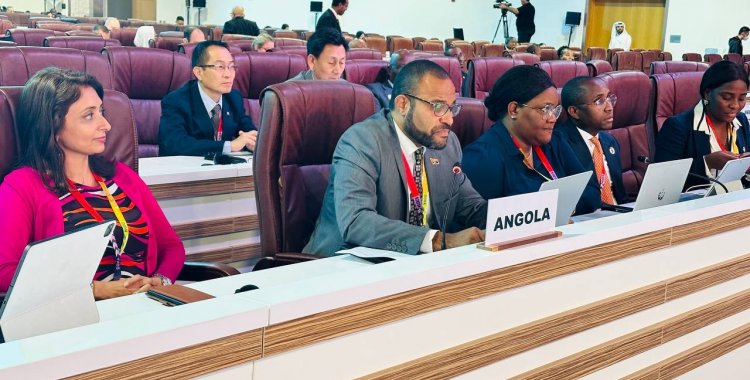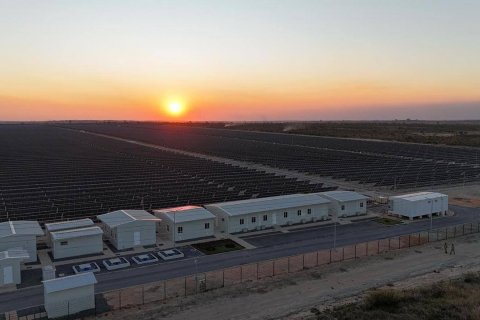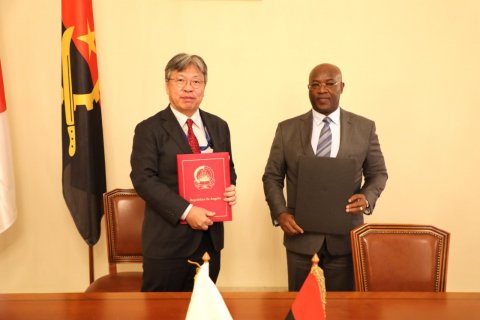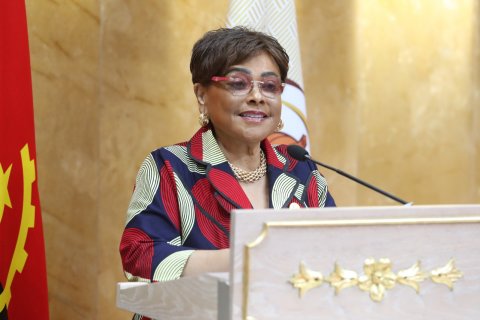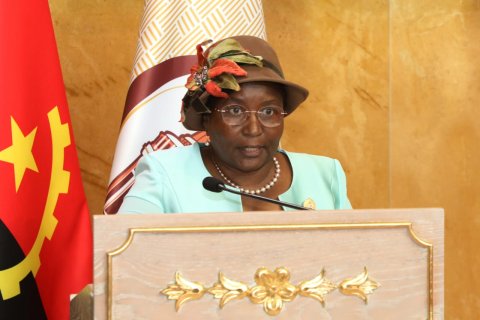Speaking at a high-level round table on "resource mobilization and strengthening global partnerships for Least Developed Countries, LDCs", the minister referred that the country could formalize a total of 1,400,000 informal economic operators from April this year until December next year.
To this end, the official – quoted in a note from the Ministry of Economy and Planning, which VerAngola had access to – clarified that the country will continue to work in partnership with the European Union, the UNDP and the UN Resident Coordinator in Angola so that this year, 400,000 operators will be formalized and next year, one million informal economic agents will be formalised.
"For Angola, the formalization of the informal economy is the new economic and social frontier to expand the tax and social security contribution base", said Mário Caetano João, quoted in the statement.
On the occasion, the minister also announced the holding of the International Forum on the Formalization of the Informal Economy in June, so that they can "reflect with the international community on approaches for a more disruptive action on this important source of revenue opportunities and social impact for citizens LDC governments".
The holder of the Economy and Planning portfolio also invited "the United Nations System to look at this phenomenon in a more serious, integrated and focused way, always taking into account the realities of the challenges of the Least Advanced Countries".
"But formalization is not an end in itself. in Angola, formalized informal operators benefit even more from the Program to Support Production, Export Diversification and Import Substitution, PRODESI".
According to the statement, the government official also highlighted that PRODESI's financial products "driven the reduction of the extractive sector from 43 percent in 2011 to 26 percent in 2022".

